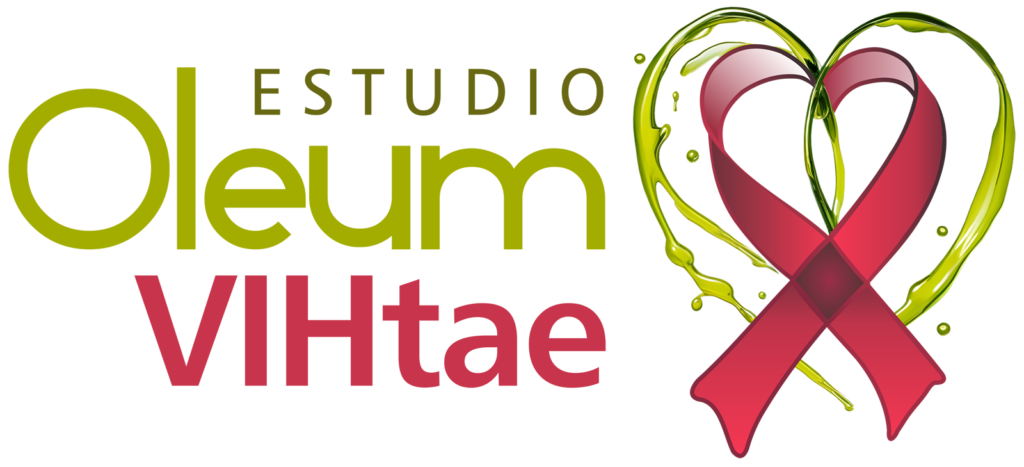Extra Virgin Olive Oil (EVOO), a key ally in reducing cardiovascular events and increasing survival in people living with HIV (PVVIH)
The SEIMC-GESIDA Foundation (FSG) is promoting a study on the effects of the consumption of extra virgin olive oil on the appearance of cardiovascular events in the population with HIV, which will make it possible to evaluate the impact of its integration into the diet of 1,300 people over 5 years. The study, entitled ‘Effects of extra virgin olive oil consumption on the occurrence of cardiovascular events in people living with HIV (Oleum VIHtae)’ is launched from the Hospital Universitario Costa del Sol and is led by Dr. Julián Olalla Sierra, member of the Internal Medicine service at the aforementioned hospital in Marbella and FSG will assume the responsibility of acting as Promoter of the study. The initiative is a national initiative involving 39 hospitals in fourteen autonomous communities.
This study is based on the evidence that regular consumption of EVOO increases survival and reduces the occurrence of cardiovascular events in people at high vascular risk. For this reason, the experts recommend its use in daily cooking, both raw to dress salads and in the preparation of cooked dishes, as its stability at high temperatures makes it a healthy option for frying as well.
Olive oil, especially extra virgin olive oil, is rich in monounsaturated fatty acids and antioxidant compounds such as polyphenols, which have been associated with protecting arteries and reducing inflammation. According to the Spanish Heart Foundation, including olive oil in the daily diet can reduce the risk of cardiovascular disease by up to 30% and improve life expectancy in patients with a history of heart problems.
On the other hand, infection by the Human Immunodeficiency Virus (HIV) has long been recognised as a cardiovascular risk factor, with the incidence of this type of event increasing in these patients compared to the general population. This has led to the development of strategies for the prevention of cardiovascular risk factors in people living with HIV (PLWHIV) and the tightening of their control.
With this in mind, a nationwide study has been designed to observe the effect of EVOO in PLHIV on the occurrence of cardiovascular events such as acute coronary syndrome and stroke, among others. The study will recruit 1,342 PLHIV from different parts of Spain and will follow them for up to 5 years. One arm of the study will receive EVOO for daily consumption and the other will receive advice on how to follow a low-fat diet.
EVOO is one of the fundamental pillars of the Mediterranean diet, a dietary pattern recognised worldwide for its health benefits and part of our gastronomic and cultural heritage. Its inclusion in our daily diet can make a significant difference in the prevention of cardiovascular diseases and in improving the quality of life and life expectancy of those who already suffer from heart disease.
These findings are expected to provide scientific evidence to reinforce the recommendation to opt for EVOO as the main fat in the diet, replacing other less healthy sources and promoting a balanced and beneficial lifestyle for the heart of PLHIV.
To this end, the study has the collaboration of Fundación Unicaja, a non-profit n entity that is committed to research and progress in Biomedicine as one of its strategic lines.
For its part, the Interprofesional del Aceite de Oliva Español will provide the EVOO for the trial to be carried out. This is a non-profit organisation that works to promote this foodstuff and supports innovation in fields such as health.
The distribution of the so-called ‘Liquid Gold’ will be carried out by Bidafarma, a cooperative wholesale distributor of a wide range of medicines with a national presence, which will selflessly guarantee that the EVOO from the study will reach each of the participating hospitals.




